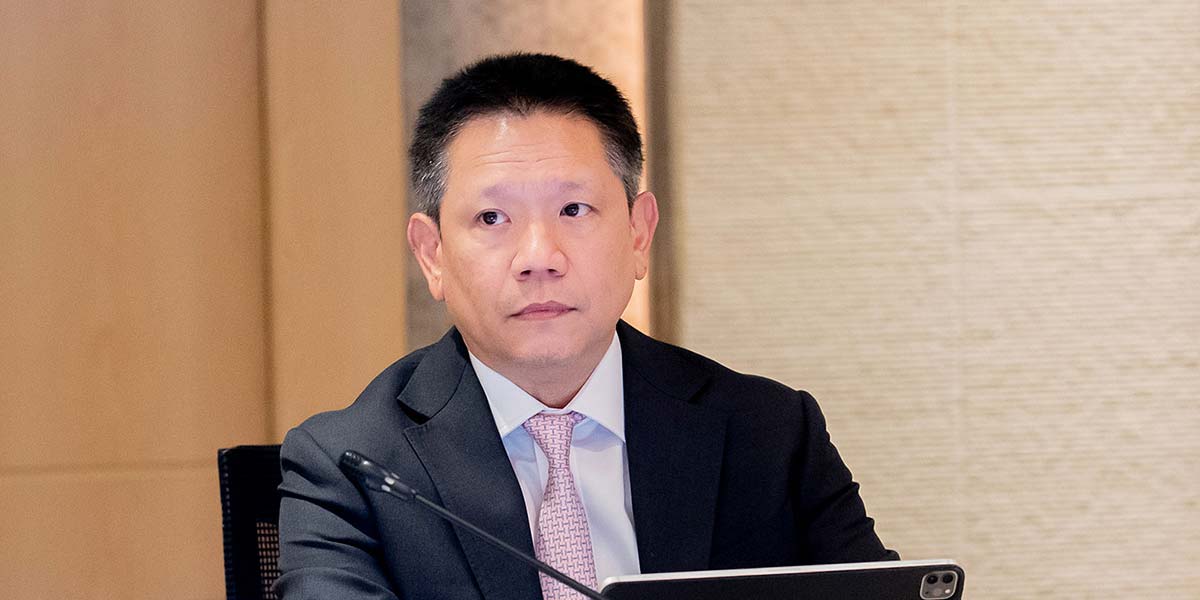Today (November 10), Mr. Lavaron Sangsnit, Permanent Secretary of the Ministry of Finance and Chairman of the “Data Bureau”, provided updates on the project’s progress as the bureau is currently expediting the process of connecting data and legal frameworks among all regulatory agencies with authority over valuable assets, such as cryptocurrency and gold.
The Permanent Secretary emphasized that the main operational principle is to clearly identify any legal loopholes in order to find ways to close or narrow them as much as possible. This approach is fundamental to tackling and preventing problems posed by scammer groups. He acknowledged that Thailand still possesses legal loopholes, as each agency operates with its own authority and governing laws.
For instance, the Customs Department holds data on gold imports and exports but only from its perspective, while the Bank of Thailand (BOT) monitors cross-border gold trading data. Even though each agency has relevant information, the current state is what he described as “individual views,” lacking a comprehensive, multi-dimensional picture.
Therefore, the Data Bureau is responsible for compiling and interconnecting the legal powers and duties of each agency to form a complete, big picture, enabling holistic information access.
Mr. Lavaron further stated that the immediate priority is to detect the loopholes. Once identified, considerations must be made on closing them. In the short term, relevant agencies may introduce supplementary regulations, such as requiring submission of additional data.
In the long term, the Ministry of Digital Economy and Society (MDES) will enact an Emergency Decree, a higher-level law. Any oversight gaps can be included in this Decree, thereby enhancing regulatory effectiveness.
The Data Bureau operates within a two-week timeframe and must act swiftly. Integrating data and legal provisions to rapidly discover solutions for closing loopholes is seen as a vital mechanism to block scammer groups that exploit legal gaps.
The bureau was established on November 5, 2025. The first phase aims to screen individuals possibly involved in scams and online gambling within two weeks and utilize this information to amend laws to meet international anti-money laundering standards (Financial Action Task Force : FATF).
The Permanent Secretary also admitted that a significant loophole discovered during a meeting concerns the oversight of gold trading transactions, which currently lack direct supervision.





